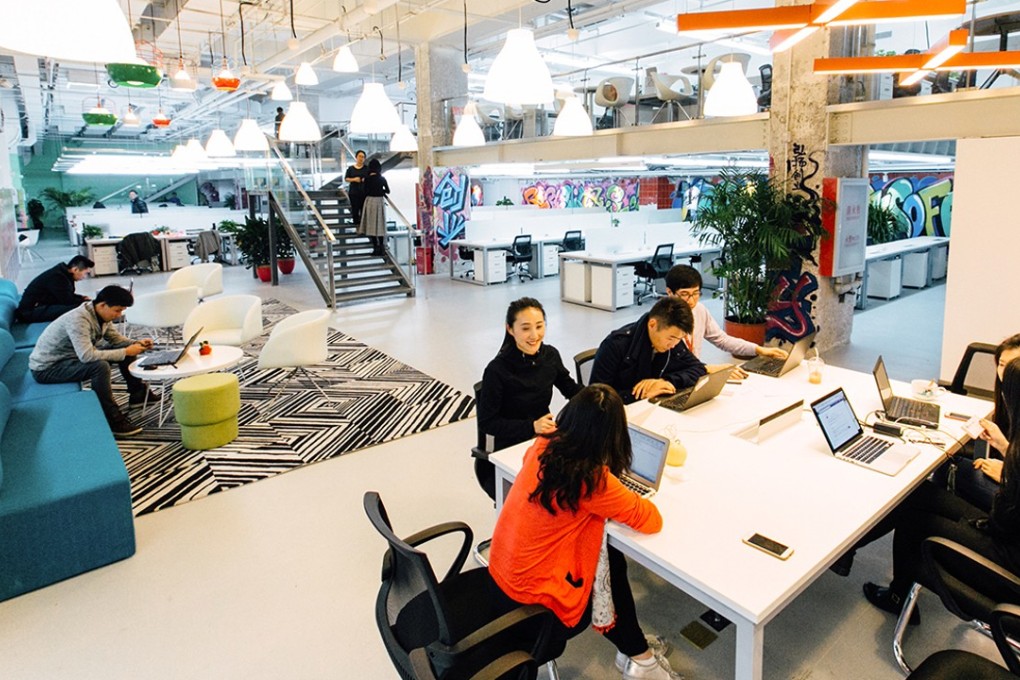Is more consolidation on the cards for China’s co-working office space market?
Mao Daqing, the founder and chairman of Ucommune, said mergers and acquisitions have helped accelerate growth at his three-year-old company, China’s largest co-working office space provider

Ucommune chairman Mao Daqing has predicted no more new players will enter China’s crowded co-working office space industry as the pace of consolidation picks up in the market.
Mao said this will remain the story moving forward, following a series of mergers initiated last year by Ucommune, the country’s largest co-working space provider, with domestic rivals Woo Space, Wedo Coworking and New Space.
“The merger of different platforms sped up our [growth], which was the most exciting thing for me in the past year,” he said on Wednesday as the company, formerly known as UrWork, marked its third anniversary.
Founded in 2015, Beijing-based Ucommune now has more than 100,000 individual members and 6,000 corporate clients at 160 locations across 36 cities, including Shanghai, Hong Kong and Singapore, as well as New York and Los Angeles in the United States.
The company’s expansion strategy has put it on a collision course against larger US co-working space operator WeWork, which agreed to merge last week with Chinese rival Naked Hub.